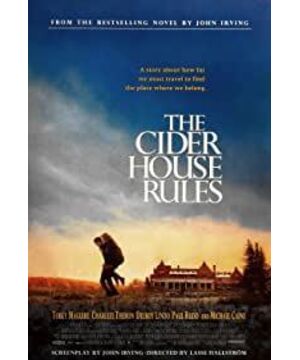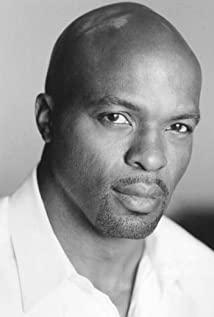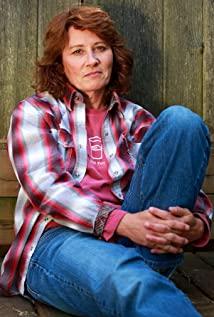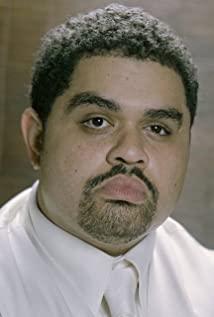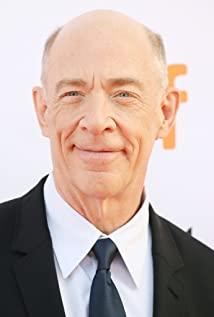The story of the original book is more sentimental than the movie, but the movie avoids the multi-line development of the book, but instead appears more concise and lively, and at the same time makes people memorable.
The rules of the cider house are a typical symbol. During the journey of exploring these rules, the protagonist Homer gradually grows up, and the movie is a history of his growth.
The rules of the wine house are empty words, no one really follows them, the real rules come from people's hearts, black people have the rules of black people, white people have the rules of white people, and Dr. Larch has spent his life practicing himself. the rule of.
Old Dr. Luckey was a hero in my heart, and his deep love for every orphan in the orphanage of St. Cloud, and his "God's work and the devil's work" (ie delivery and abortion) in his hands were incomparable The love, the affection for Homer that is deeper than my father's all moved me. I have often wondered, what made him insist on this humanitarian aid for his entire life as an obligation (because abortion was illegally prohibited in the 1940s of the story)? He seems to have not thought about himself in his life, he has not established his own family, he has no children, and even the orphanage is his home. But he is undoubtedly rich, and when he has no intention to sow seeds of love, these seeds will bear fruit of love for the old man who sows them no matter how long it takes. It's a pity that Nurse Edna didn't tell Dr. Larch that she had a crush on him all her life, but isn't it enough to stay by the side of the person she admires and love, helping him, sharing his worries, and thinking about him? What more can you ask for?
I always feel that the protagonist Homer is a somewhat indifferent person. He never reveals his feelings. This may be the typical character of an orphan. An unexpected encounter completely changed his life. I am grateful for everything he has encountered. Every person he meets has added his own important stroke to the unfinished rules in his heart. He got candy's love, brotherhood with Hua Li, and Oliver's love, and he never lost the greater love that everyone in St. Clouds loved than their relatives. He is much richer in the spiritual world than every child whose parents are alive. Maybe when watching the movie, some people will think that Homer betrayed Hua Li, got Candy, and even at a critical moment in St. Cloud, Dr. Larch was heartbroken. But Homer is so real, he goes through the process of filling our hearts with rules every time we step out of the house and into the society. We all understand that the process of filling in the rules of our hearts is sometimes smooth and joyful, but more often it is full of pain. When we experience the process of cutting our hearts with a knife, the rules of blood summed up will always benefit us for life. Growth cannot be planned. When growth comes naturally and offers the sweetness and bitterness that it has prepared for each of us, you will be mature after you have tasted it.
With the exception of Homer, the young people in the story are filling in their own rules, and Candy's sad ending to the love between Homer and Wally. Hua Li experienced the paralysis of the war to become a hero but harvested. These, cruelly belong to the price of growth.
Fortunately, the ending of the story is a bright Sunrise. Pain is temporary, and people grow up and fill in those rules. St. Cloud has finally ushered in a new dean. The impetuous heart will one day be as calm as water, and the chaotic life will one day become flat and beautiful.
View more about The Cider House Rules reviews


